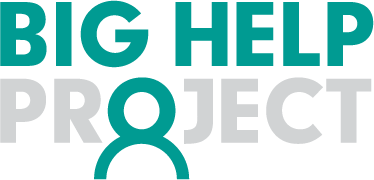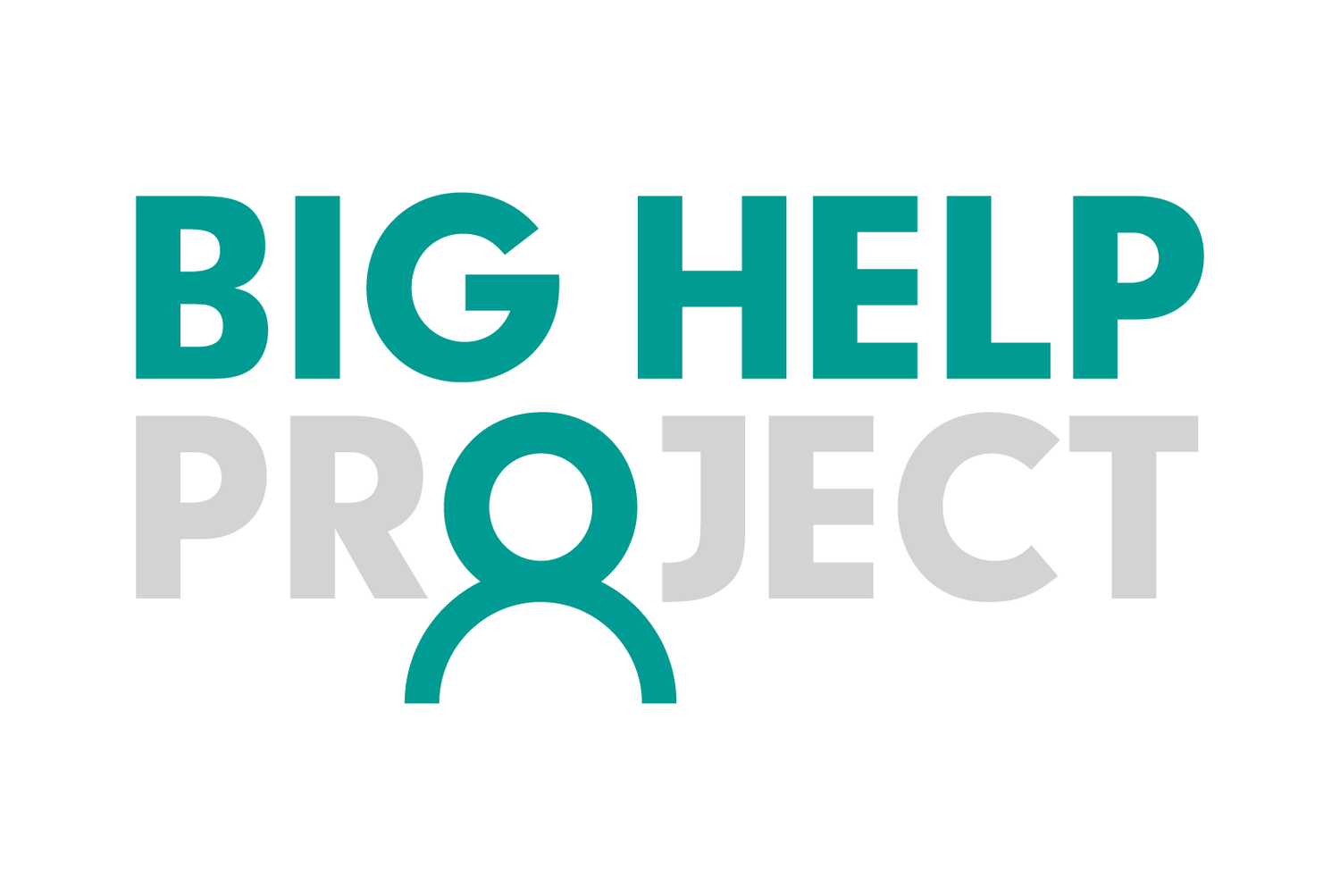25th November: International Day for the Elimination of Violence Against Women
Domestic abuse/ violence against women is an issue which has been prevalent throughout the whole of history. Gendered violence is a by-product of a patriarchal society, and revolves around the subordination of women. Each year the 25th November is dedicated to the international day for the Elimination of Violence Against Women. The United Nations passed a Declaration on the Elimination of Violence Against Women in 1993, which recognises the ‘urgent need for the universal need for the universal application to women of the rights and principles with regard to equality, liberty, integrity, and dignity of all human beings.”
At the Big Help Project, we recognise that gender-based violence is a serious issue faced by far too many in our country, and the world. We know that gendered violence is built upon the subordination of women; to control them and trap them into thinking there is no way out of the relationship with their abuser. We run a housing project called Safe Havens for people fleeing domestic abuse. If a woman has somewhere else to live- a place of shelter and safety, with support to help her to begin again, she has a chance of not just leaving- but staying away!
According to Amnesty International, 1 in 3 women will experience physical or sexual violence in her lifetime and most frequently this is carried out by an intimate partner. Violence against women includes:
- Domestic Abuse
- Sexual Violence and Rape
- Stalking and harassment
- Trafficking of women
- Female genital mutilation
- Intimidation and harassment at work, in education or in public
- Forced prostitution
- Forced marriage
- ‘Honour’ crimes
The UK police receive a call every minute about domestic abuse- 89% of which are about a woman being abused by a man. The most extreme ending to this kind of violence against a woman is when she is killed- in the UK two women are killed by their partner every week in England and Wales. The UN has stated that whist gender-based violence can happen to anyone, there are some girls and women who are more vulnerable to it: young girls and older women, women belonging to the LGBT+ community, migrants and refugees, ethnic minorities, or women/girls living with disabilities or living through humanitarian crises.
Since the outbreak of Covid19, domestic abuse helplines and organisations have seen a surge throughout the year in the number of people contacting them for help. The number of domestic killings has also increased three-fold when compared to the same time period for the past 10 years. Lockdown has not caused domestic abuse, but it has created a pressure cooker; with emotions heightened, financial hardships, job losses and a national feeling of no control, paired with a restricted environment with less opportunity for a woman to escape her circumstances, and a perpetrator who is present in the home more than ever.
So, why don’t women leave? We need to change the narrative of blaming women who stay in places where they are subjected to gender-based violence; and instead we must understand the barriers preventing them from leaving. Once we understand these barriers, we can start supporting and empowering women to leave, and begin holding abusers solely accountable for their abusive behaviour. What are these barriers? There may be fears of danger or physical threats from their abuser, she may feel isolated and alone with nowhere to go, she may feel shame or denial about the abuse that she is subjected to, it could be the psychological effect of the trauma she has faced and the damage it has done to her confidence, or it could be for practical and financial reasons that she stays.
Our Safe Havens Project, to house those fleeing domestic abuse, recognises these barriers that prevent a woman from leaving. If someone lives with their perpetrator of abuse, their barrier to leaving may be that there is nowhere else to go- our housing project eliminates this barrier. We provide her with a place to live and the support to help her process her trauma and empower her to stay away from her abuser. We also have two projects under Safe Havens targeted specifically at two of the groups most vulnerable to gender-based violence: LGBT+ and ethnic minorities. If you need to flee any kind of abusive domestic relationship, we are here, please contact the Safe Havens Project and know that you are not alone. We are here to help.

